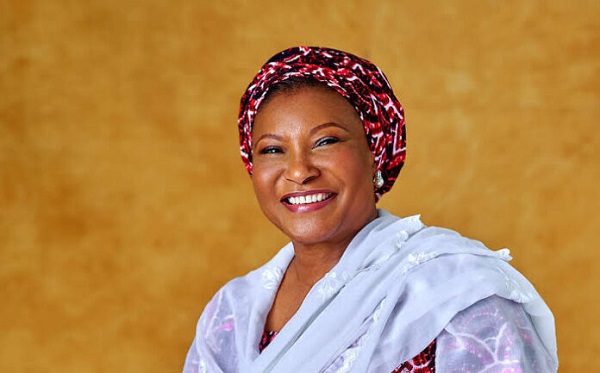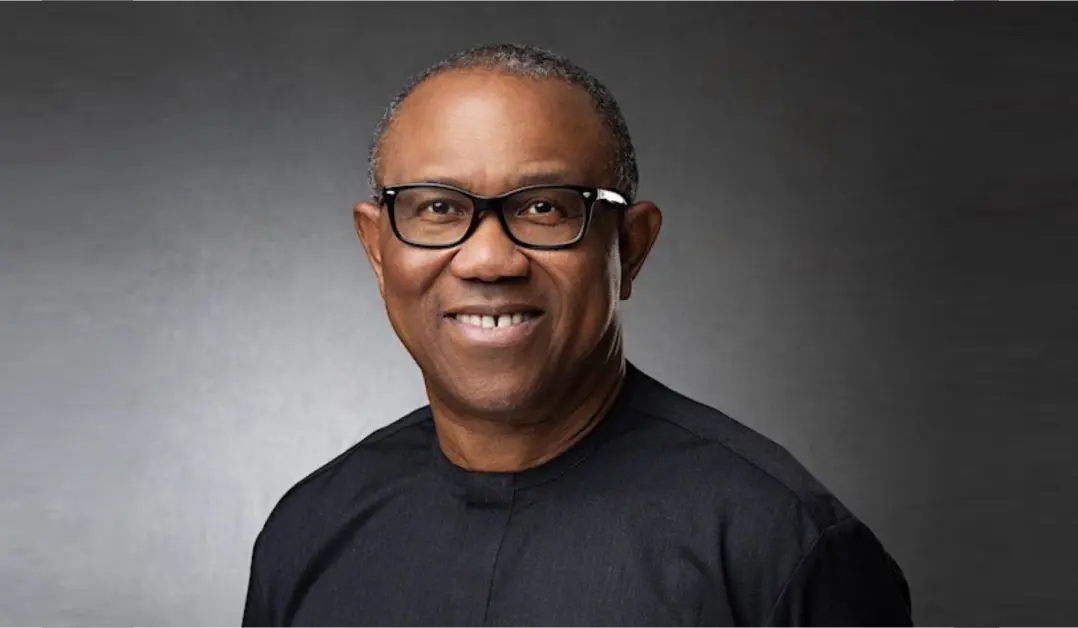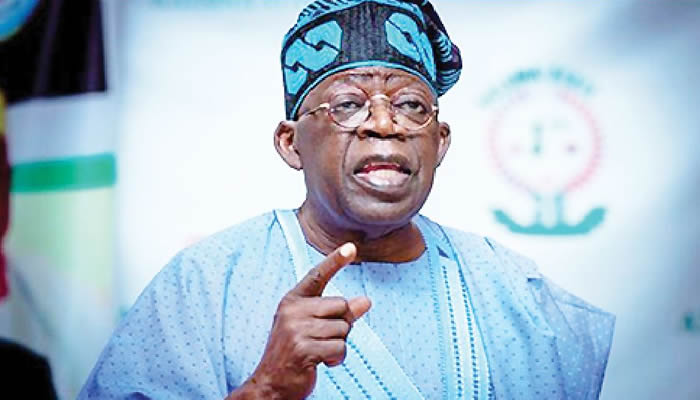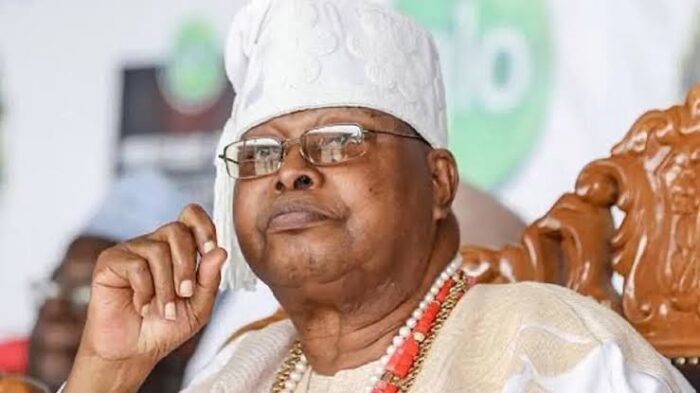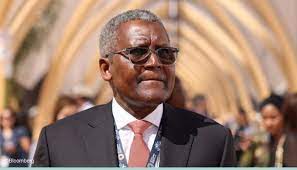Professor A. Carl LeVan
American University, Washington, D.C
It is tempting to think of Nigeria’s presidential elections in terms of a secular decline since 1999, and as this important book (Rituals of Democracy: Reflections on the 2019 general elections in Nigeria) points out, they arguably are in terms of overall participation. Even though the current dispensation has avoided the fate of the First and Second Republics, it has alternately suffered from debilitating cynicism and deceptive optimism. Hardly any subnational data are available for the flawed 2007 elections; hope sprang eternal from the 2011 elections even though improved administration masked dark realities of violence; and the 2015 elections delivered an historic defeat but people remained removed from their own democracy. Where does Africa’s great experiment in governance stand after 2019?
Unlike the First Republic, the Fourth Republic has persisted – and I believe it will continue to do so. But regime persistence is quite different from democratic consolidation. For readers unfamiliar with these classic conceptual distinctions in political science, this book does a great service by characterizing the cultural and political milieu in terms of democracy’s stumbling blocks globally. The issue is not so much if Nigerians are unique, as to demonstrate that they are not alone in their frustration and marginalization. Politicians want to stay in power and they usually succeed in doing so. Democracy in our political imaginations, however, is a place where they lose the privilege of governing when schools don’t get built, roads are riddled with potholes, or when promises are broken (a subject carefully examined in an excellent chapter here on party manifestos).
Mike Omilusi has done the next generation of Nigerian scholars a great service by grounding his analysis of electoral administration, political competition, and voting behavior in comparative perspective. In places, such as his examination of secret ballots in Ekiti State (in Chapter 8), some readers may question whether such studies are truly representative of the experience elsewhere. Yet by asking new questions and moving across different units of analysis in a complex case, he has helped inform a research agenda for the next iteration of elections research and brought both nuance and generalizability to our understanding of Nigeria. He finds that more than two-thirds of voters (67.6 percent) made up their mind about who to vote for “months before the election day.” In Nigeria’s not too distant past, readers might have seen this as an encouraging sign of ideological fidelity, an indication that citizens will remain loyal to a party even if other candidates show up with a modest “dash” to go in their pocket. Instead, now we must ask if this premeditation is a symptom of Nigeria’s deepening political polarization evident in much of the book’s other analyses: when most people have already made up their minds, how can new information improve political competition by changing voting preferences? In a similar fashion, Chapter 4 sets up a dilemma with no easy resolution: declining voter turnout is a sign of citizen cynicism, which a mélange of civil society groups and donors address through voter education and public campaigns. Yet cynicism may be the cousin of the healthy skepticism that Nigerians will need to heal their ailing information ecosystem.
The chapter on digital disinformation assesses the damage to democracy: citizens have lost faith in particular institutions. As traditional media outlets meld together in the minds of voters with WhatsApp or the worst of the Twittersphere, citizens no longer trust newspapers, institutions such as INEC, or each other. It is hard to remember how barely a decade ago, Facebook and the swift spread of smartphones ushered in a kind of optimism that now seems so obviously naïve in retrospect. Social media promised to democratize information by challenging the “brown envelope journalism” that enabled elites to buy their version of the truth in the public consciousness, or at least shape the narrative around their reputation and their political future. Instead, information decentralization triggered fragmentation, polarization and a new age of propaganda.
The 2019 election, writes Omilusi, “showed how fake news, through social media, could bring an already fragile country to the precipice of disintegration and anarchy.” Rather than breeding constructive cognitive dissonance, moments where the discerning denizen might reconsider her beliefs after a conversation with a neighbor or reading a particularly persuasive blog, Nigerians watched a thousand falsehood bloom as this new media environment frequently reinforced preexisting beliefs. Thus, PDP sympathizers saw the defeat of Boko Haram as imminent in 2014 and cattle herders as the spear of an Islamist conspiracy in 2018, just as the All Progressives Congress today sees political subversion in every voice lifted against the brutality of the Special Anti-Robbery Squad. Omilusi calls this media ecosystem for what it is: the architecture of our “post-truth” era, where the president and his ministers can deny repression at Lekki, experienced by hundreds (if not thousands) and witnessed by millions.
Omilusi thoughtfully and comparatively distinguishes among disinformation, propaganda and fake news, returning the reader to the urgent questions at hand: How can citizens know who to vote for – or who to vote against – if they do not have accurate information about what they have done and what they are saying? Worse, what is the best defense against “weaponized” information? Videos and news claiming to depict the arrest of the Minister of Transportation, the booing of the vice president in Kwara State, and others were fully debunked. But no matter, the damage was done.
The competition of ideas has thus given way to what Omilusi calls “cacophonous husting.” At best, it is what I have called the “din of democracy,” loud voices shouting to be heard; at worst, it is a deluge of information where the wheat is impossible to distinguish from the chaff. Being a well-informed citizen is now exhausting. And that is exactly how the political class wants it.
With sovereignty constitutionally (and philosophically) vested in the people, how can Nigerians reclaim democracy for development? Replace official propaganda with popular participation? Reconstruct the promises of postcolonial nationhood? Omilusi calls in Chapter 3 for “constructive engagement of the citizens to engender greater transparency in public affairs” to promote government accountability and restore trust in the political process. Chapter 5 calls for robust revisions of the Electoral Act, including a massive increase in the post-election publication of data, in line with constitutional requirements and international best practices. Other chapters highlight stubborn challenges such as vote buying, which since 2014 has been popularly known as “stomach infrastructure,” leading to what Omilusi tags a “commodification” of democracy. If ideology or preferences are to mean anything within a national idea of Nigeria, voters must consider both their own pocketbook and the broader polity.
Perhaps most importantly, Chapter 9 explores “electoral migration.” In 2014, when Boko Haram’s territorial control peaked, I argued that “migration, which is increasingly involuntary, accents Nigeria’s ambiguous citizenship rights and highlights weaknesses with its multicultural institutionalism.” As the temporary crisis of internal displacement has drifted into a practical state of permanency, Nigeria’s flawed citizenship rights regime has been obscured by urgent humanitarian and security crises. Migration due to deadly insurgency, the crushingly slow cruelty of climate change, or regional economic shocks all undermine opportunities for political voice, particularly in a country where citizens are expected to return to an idealized “home” where they are supposedly seen as indigenous (rather than where they actually live). Omilusi also sees voter flight from anticipated electoral violence as a growing problem, with fear conditioning voting behavior – if citizens opt to vote at all.
“[E]lections should be part of a broader political framework that promotes good governance, the rule of law, and equal participation in politics,” the author concludes in the chapter on the Ekiti State gubernatorial elections. From accountability and equity may spring a new generation of politics, hoisted up by the hope that Nigerians will arrive at the democracy they deserve, one without the bland patrimonial narcissism of incumbency and with the ideals of nationhood once imagined by those who fought for its freedom.
Copyright TRUSTAFRICA NEWS.
All rights reserved. This material, and other digital content on this website, may not be reproduced, published, broadcast, rewritten or redistributed in whole or in part without prior express written permission from TRUSTAFRICA NEWS.
Contact: hello@trustafricanews.com.ng


